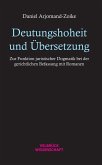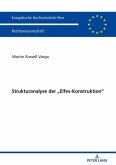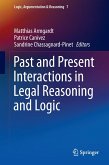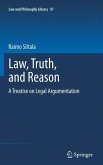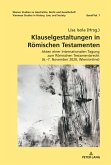Die Globalisierung, die engen wirtschaftlichen Beziehungen und die unmittelbare Nachbarschaft zwischen Deutschland und Polen sind mit dem steigenden Bedarf an der Übersetzung von Wirtschafts- und Rechtstexten im Sprachenpaar Deutsch-Polnisch verbunden. Im Zusammenhang damit werden häufig strafrechtliche Texte übersetzt, die mit rechtswidrigen Taten verbunden sind, die von Polen und Deutschen begangen werden. Daraus ergibt sich die Notwendigkeit, die Terminologie des Strafrechts im translatorischen Kontext zu untersuchen. Agnieszka Pietrzak bespricht in diesem Band die Problematik der Rechtsübersetzung und bewertet die Übersetzungsstrategien, die in den drei bisher veröffentlichten Übersetzungen des polnischen Strafgesetzbuches ins Deutsche angewendet wurden.
The phenomenon of globalization, a close economic cooperation and neighbourhood of Germany and Poland have caused an explicit demand for translations of legal texts in a Geman-Polish language pair. Texts ofcriminal law area are often the subject of translations. This leads to the necessity of studying legal and criminal terminology in the translation context. Agnieszka Pietrzak discusses the issues of legal and criminal terminology translation as well as the assessment of translation strategies which have been used in three printed translations of the Polish Criminal Code into a German language.
The phenomenon of globalization, a close economic cooperation and neighbourhood of Germany and Poland have caused an explicit demand for translations of legal texts in a Geman-Polish language pair. Texts ofcriminal law area are often the subject of translations. This leads to the necessity of studying legal and criminal terminology in the translation context. Agnieszka Pietrzak discusses the issues of legal and criminal terminology translation as well as the assessment of translation strategies which have been used in three printed translations of the Polish Criminal Code into a German language.



